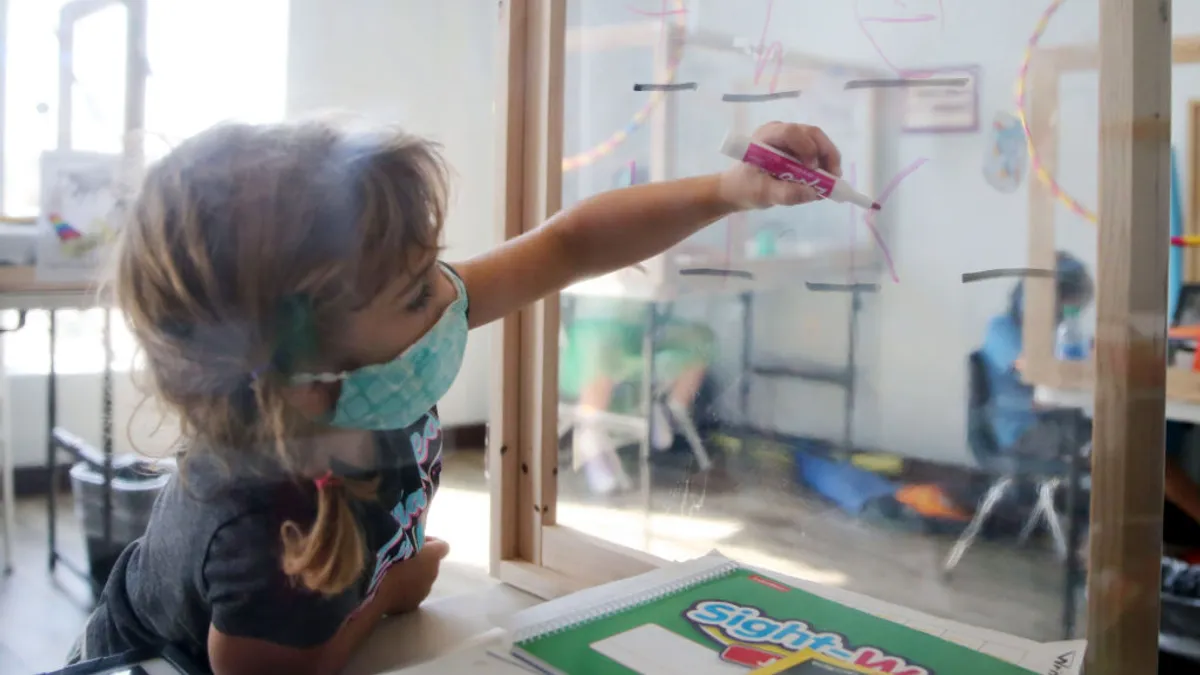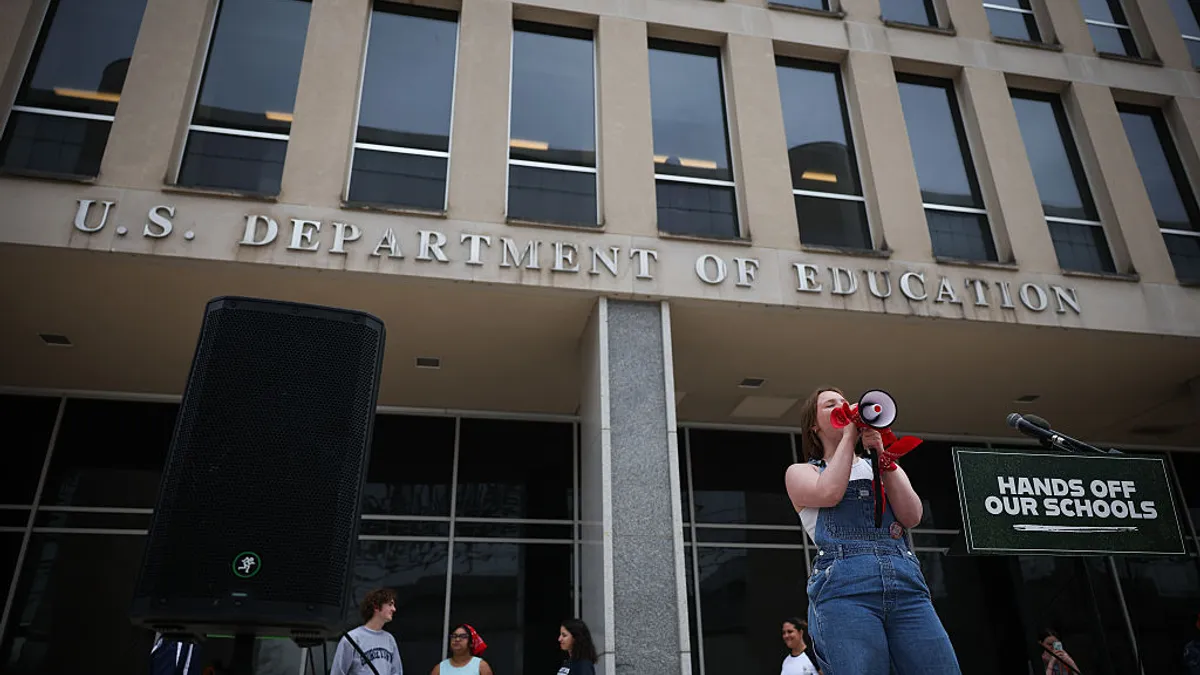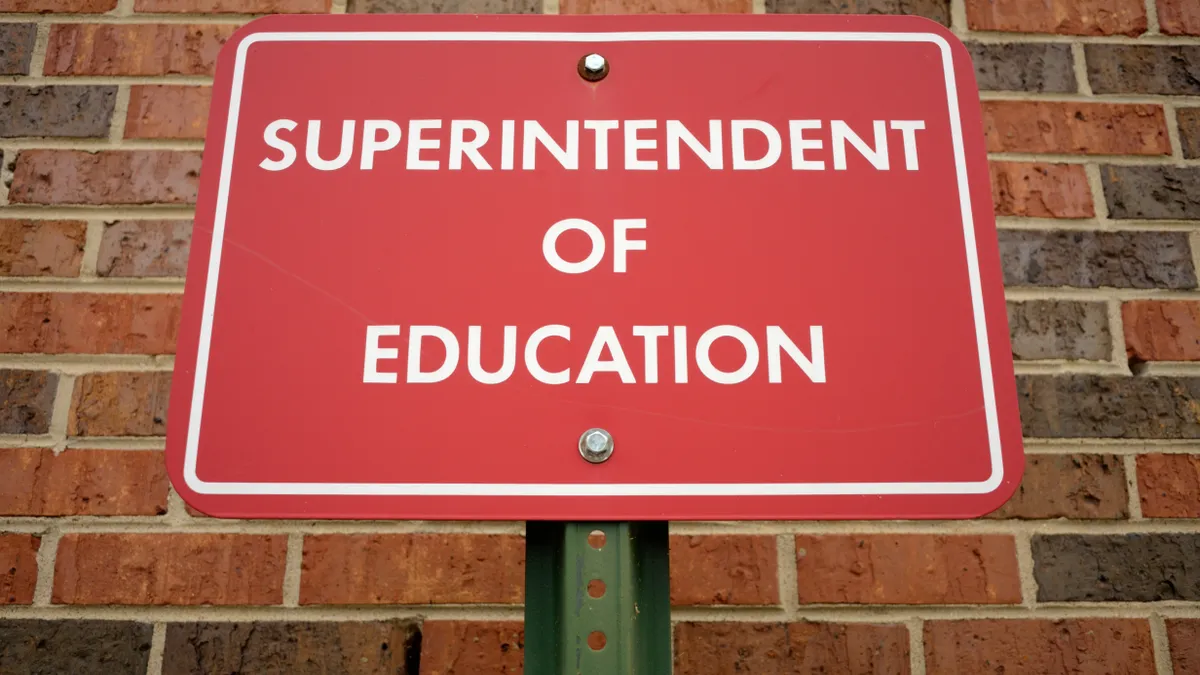Even without the recent challenges of the pandemic, increased politicization and looming fiscal cliffs, running a school district has never been an easy feat. Maybe that's why the average superintendent tenure ranges from only about three to six years.
Longevity, however, can be crucial to providing the consistency in leadership and vision needed for any initiative to show success — whether that be on school culture, student achievement, rethinking school experiences or simply gaining community trust and buy-in. Such is the case among K-12 Dive's 2024 superintendents to watch.
Based on their accomplishments and the challenges before them, here are five superintendents you should know in 2024.
T. Lamar Goree, Caddo Parish Public Schools in Louisiana
Shortly after becoming superintendent of the now 33,000-student Caddo Parish Public Schools in 2013, T. Lamar Goree replaced pictures on the walls of a district administrative conference room with photos of students. The goal: to remind leaders that their work should center on providing the best outcomes for students.
He also implores staff to ask students about their dreams. "It's really about every child being equipped for whatever it takes to chase their wildest dreams," Goree said.
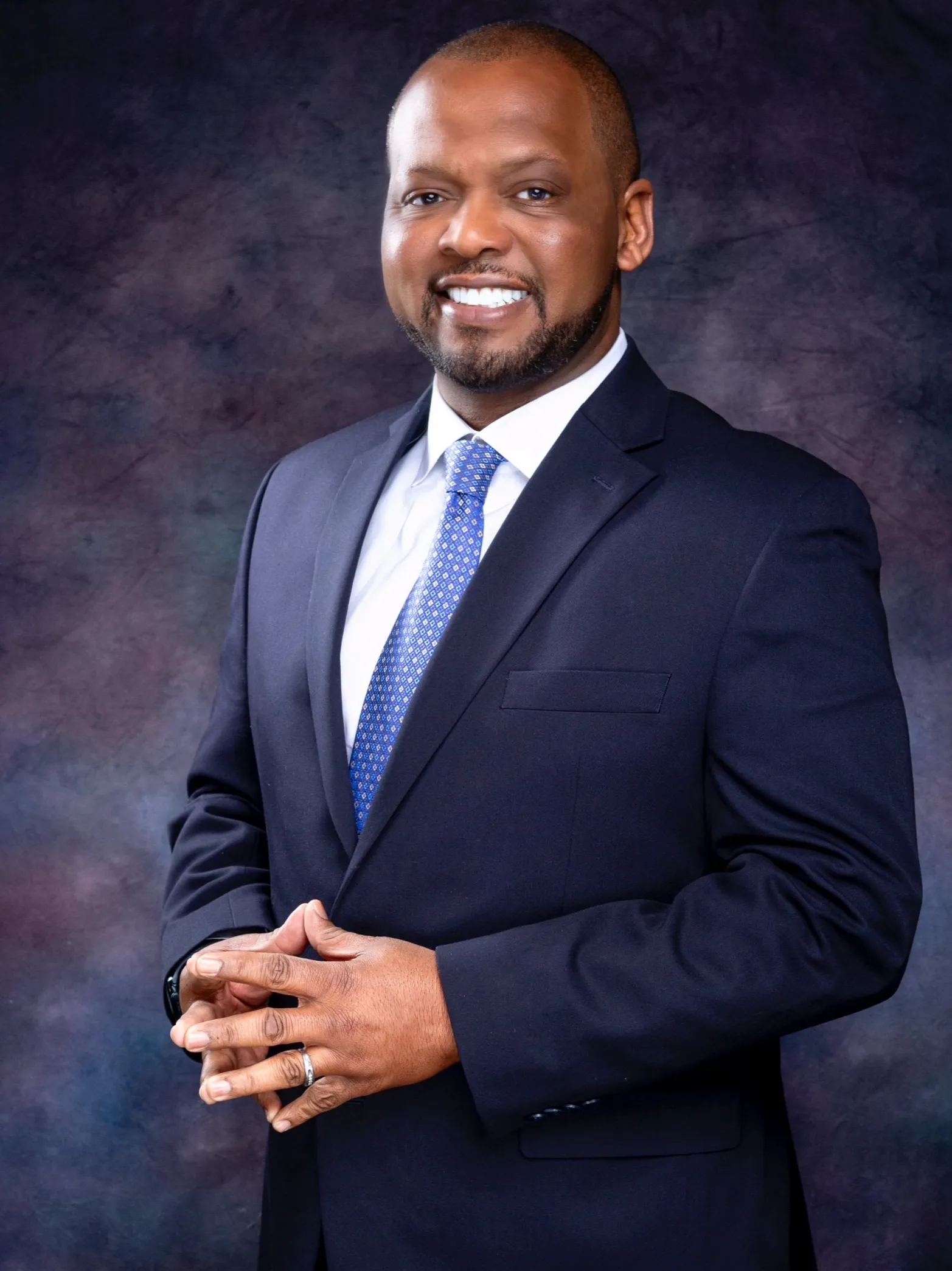
Shifting attention on student success was critical early in his Caddo tenure, when the district created a Transformation Zone to provide specialized support, training and leadership. This led to academic gains, improved graduation rates, and increased optimism and enthusiasm in rising achievement at high-poverty schools.
Goree, Louisiana's 2019 Superintendent of the Year, said the Transformation Zone has been one of his biggest accomplishments in the school district that he also attended as a student, and where both his parents worked as educators.
That work helped spark efforts to improve education for all students in the district. Caddo Parish is seeing positive results after revamping its middle school math curriculum, and it has boosted programs to support college and career readiness — including through increased access to dual enrollment programs and workforce credentialing programs.
"Whenever you look at a child, and you think about graduation and all the places that those children will go, that makes every day worth it," he said.
The student-focused approach has also helped ease political and operational divisiveness in the district, Goree said. Giving students "every opportunity that they can to chase and to be where they want to be as adults" is the community's collective responsibility, he said.
Doug Straley, Louisa County Public Schools in Virginia
Now in the eighth year of his superintendency at Louisa County Public Schools, Doug Straley stresses how critical it is for him to foster culture and community within and around the rural 5,000-student district in central Virginia.

Every Friday, Straley goes out of his way to personally recognize four people — whether in the school or greater community — with Team LCPS MVP Awards. The weekly awards are chosen from hundreds of new nominations and reflect those who honor the district’s non-negotiable values of support, high expectations, accountability, consistency, positivity and grit.
Straley also isn’t afraid to lean into fresh approaches to address staffing issues that many districts are likewise grappling with nationwide.
In 2023, the Virginia Department of Education awarded Louisa County Public Schools with the Innovative Practice Award for developing strategies to improve teacher recruitment and retention. The district opened a day care program four years ago that provides affordable childcare for teachers.
Simultaneously, the program provides high school students who want to become future teachers the chance to gain on-site training experience. The district also created a pipeline program that gives scholarships to teacher assistants who want to work as full-time educators.
“If you want to be great, you need great people,” Straley said. “With the workforce concerns that are out there and the workforce obstacles that people are facing, we really felt like we would need to build our own pipeline to really make sure we could continue on this journey to greatness with great people.”
Kimberly Carter, Battle Creek Public Schools in Michigan
For nearly a decade, Kimberly Carter has led Michigan’s Battle Creek Public Schools, providing consistent leadership and vision while amassing an impressive list of accolades in the 3,800-student district.
A 2024 AASA Women in School Leadership Award finalist, Carter’s accomplishments include an average $10,000 increase in teacher pay districtwide and the 2023 introduction of a “Bearcat Advantage” scholarship. Available to Battle Creek Public Schools graduates, the Bearcat Advantage covers up to 100% of tuition and fees at Michigan four-year institutions or at nearly 100 eligible historically Black colleges and universities nationwide.
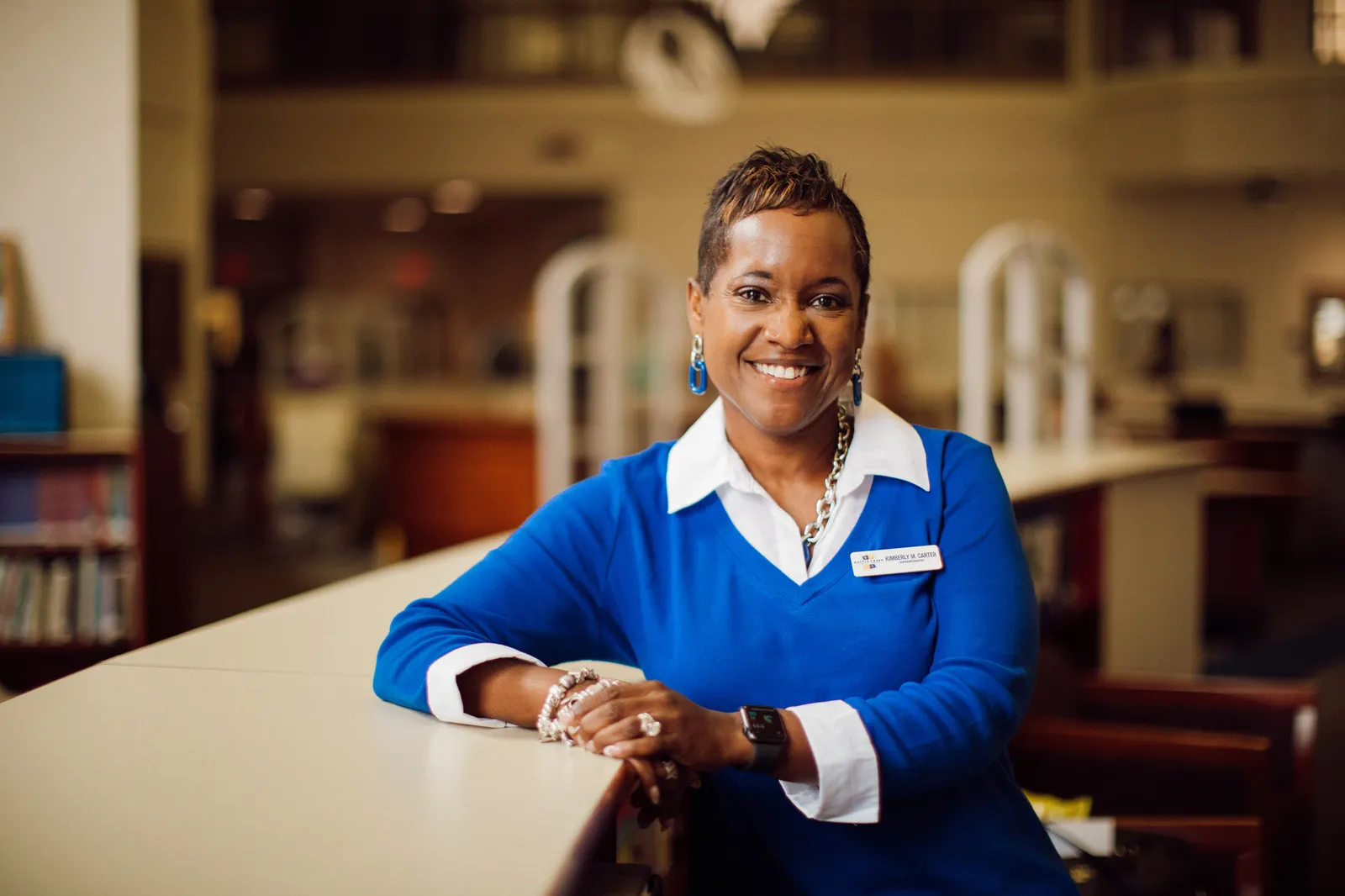
In 2017, Carter also oversaw a “Believe the Change” initiative that capitalized on a $51 million grant from the W.K. Kellogg Foundation to improve educational opportunities within the district. Among those improvements were the addition of a STEM-focused middle school and an International Baccalaureate elementary school, dozens of new community partnerships, a tripling in kindergarten readiness, and the passage of a community bond to revamp the middle school experience.
“One thing I’ve found during my time as superintendent is that while rapid impact is possible, sustainable change takes time,” Carter said.
“We’ve long known that consistency in the classroom plays a huge role in building trusting relationships that help children thrive. But that same basic principle also applies when it comes to a school district. Building trust between a school district and its community — including the students, families, staff, and supporters — takes both intentionality and patience.”
Cheryl Jordan, Milpitas Unified School District in California
A homegrown superintendent, Cheryl Jordan has spent all 34 years of her career in Milpitas Unified School District. Since becoming superintendent of the 10,000-student district in 2016, much of her vision for MUSD has centered around the idea of building a “Culture of We.”
That commitment to equity and inclusion aims to ensure all students, regardless of their backgrounds, have access to opportunities in academic, world language, vocational, athletic, musical, artistic, entrepreneurial, apprenticeship and international business pathways, according to the district’s website. It also includes an equity team formed in 2020 to guide and develop initiatives related to that vision.
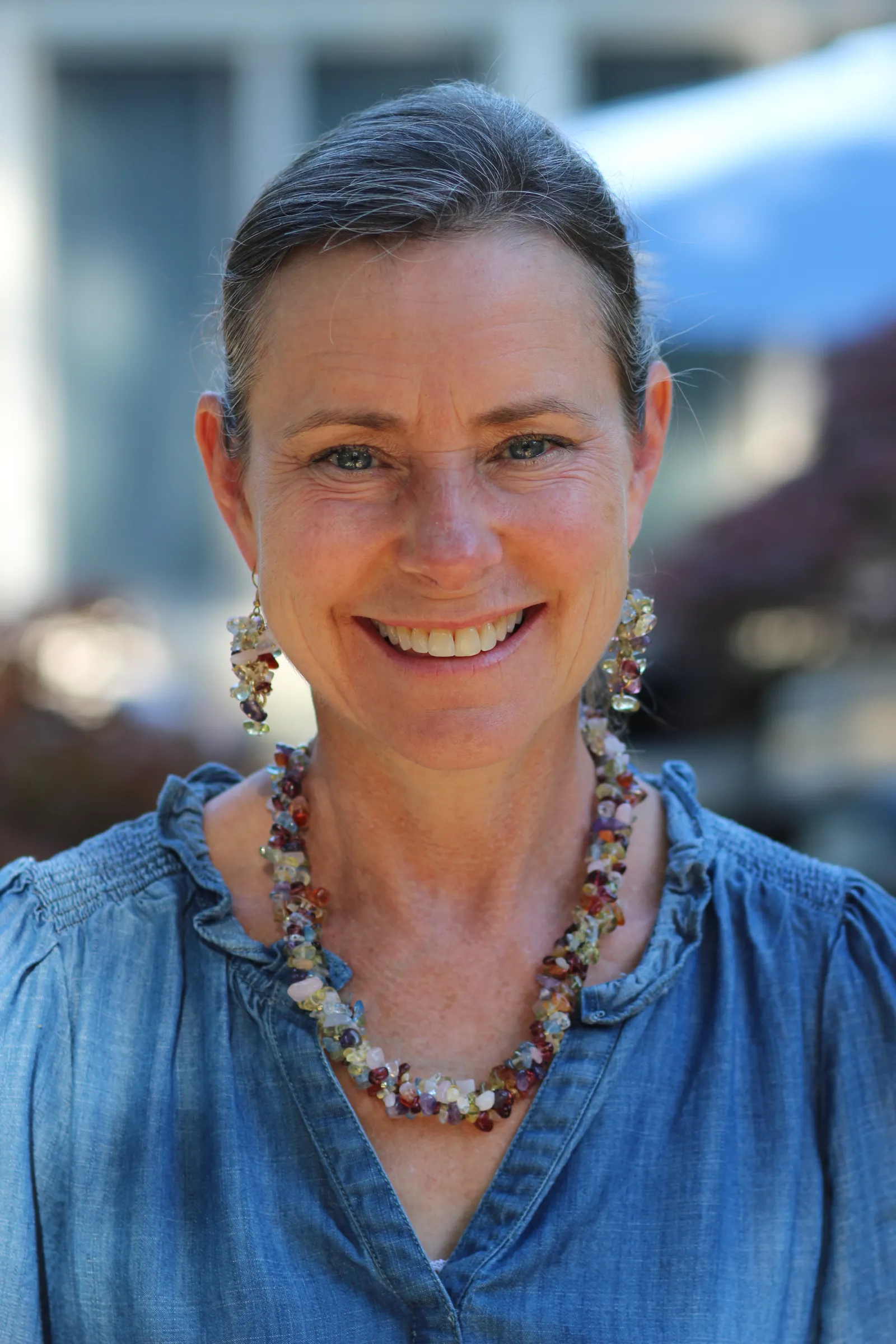
For Jordan, who was recognized as the 2023 California Superintendent of the Year, the core strategic goal of the Culture of We is to ensure learners see their histories, cultures and identities in what they learn. The approach emphasizes five core elements:
-
Curiosity about each other.
-
Commitment to learning about and recognizing bias in ourselves.
-
Disruption of behaviors and practices that cause harm.
-
Value and recognition of others’ contributions.
-
Bridging of differences with compassion.
“In MUSD everyone is a learner, whether they are in a student seat or an educator in or in support of the classroom,” Jordan said. “All team members in MUSD are educators. Every parent/caregiver is a partner in working with us towards achieving this goal.”
A MUSD Innovation Campus — the first phase of which is scheduled to open in fall 2024 — adds another layer to that commitment. In collaboration with local industry partners, the campus is expected to offer real-world training opportunities in STEM fields like robotics and artificial intelligence, as well as alternative high school, adult education and community college programming.
F. Mike Miles, Houston Independent School District
The state takeover of Houston Independent School District in 2023, which education experts described as unprecedented, was one of the most high-profile moves of its kind in recent years. After a prolonged and politically charged process that began in 2019, the Texas Education Agency announced a new superintendent, F. Mike Miles, to take the reins of the state's largest district that serves over 189,000 students.
The former superintendent of Dallas Independent School District inherited — at the very least — a community divided over the merits and intent behind a Republican-led takeover of a Democratic-leaning city’s schools.
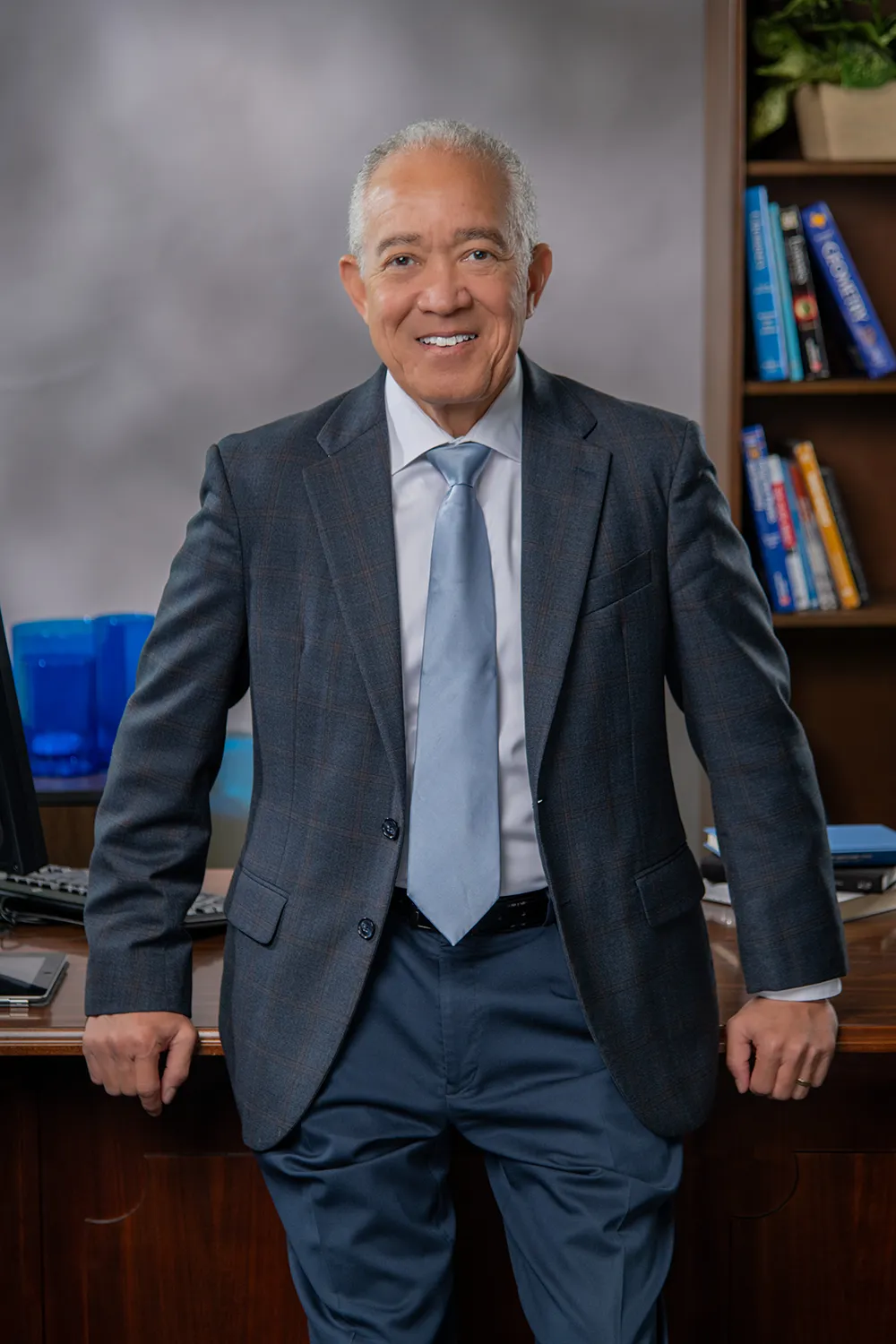
The outcome of such a large and complex takeover depends largely on Miles' leadership in 2024 and beyond, such as whether he wins over parent, teacher and community trust, includes stakeholder input in his decisionmaking, and leads with transparency — including having a clear exit strategy once the takeover ends.
In what the district called "the largest and most significant effort to transform K-12 education in the United States," HISD announced this month that 26 schools will face reforms in the 2024-25 school year after receiving Ds and Fs. It could add up to a total of 40 by next school year.
"While there were bright spots, the ratings generally show declining achievement. The good news, though, is that this school year we are seeing encouraging signs of progress," Miles said in a Jan. 23 statement. "HISD won’t turn things around overnight, but we are on the right path.”










